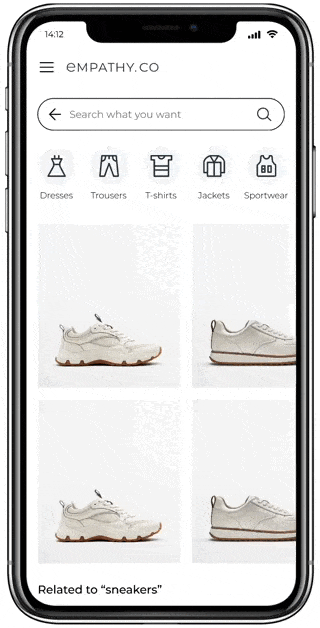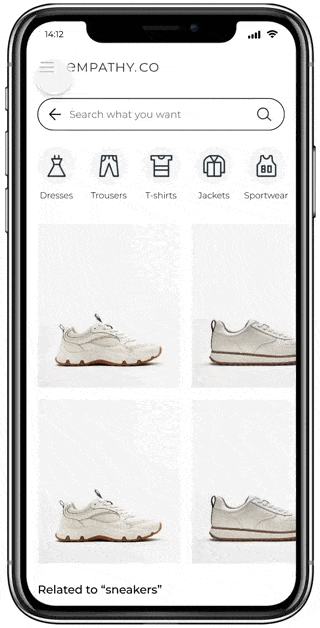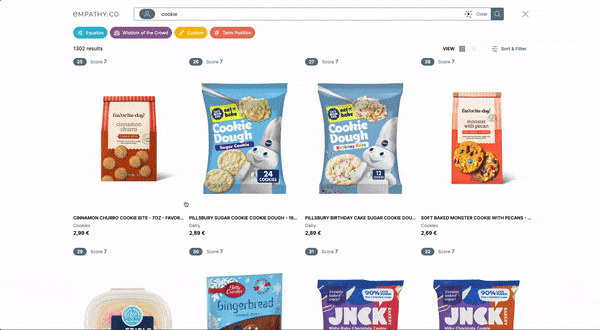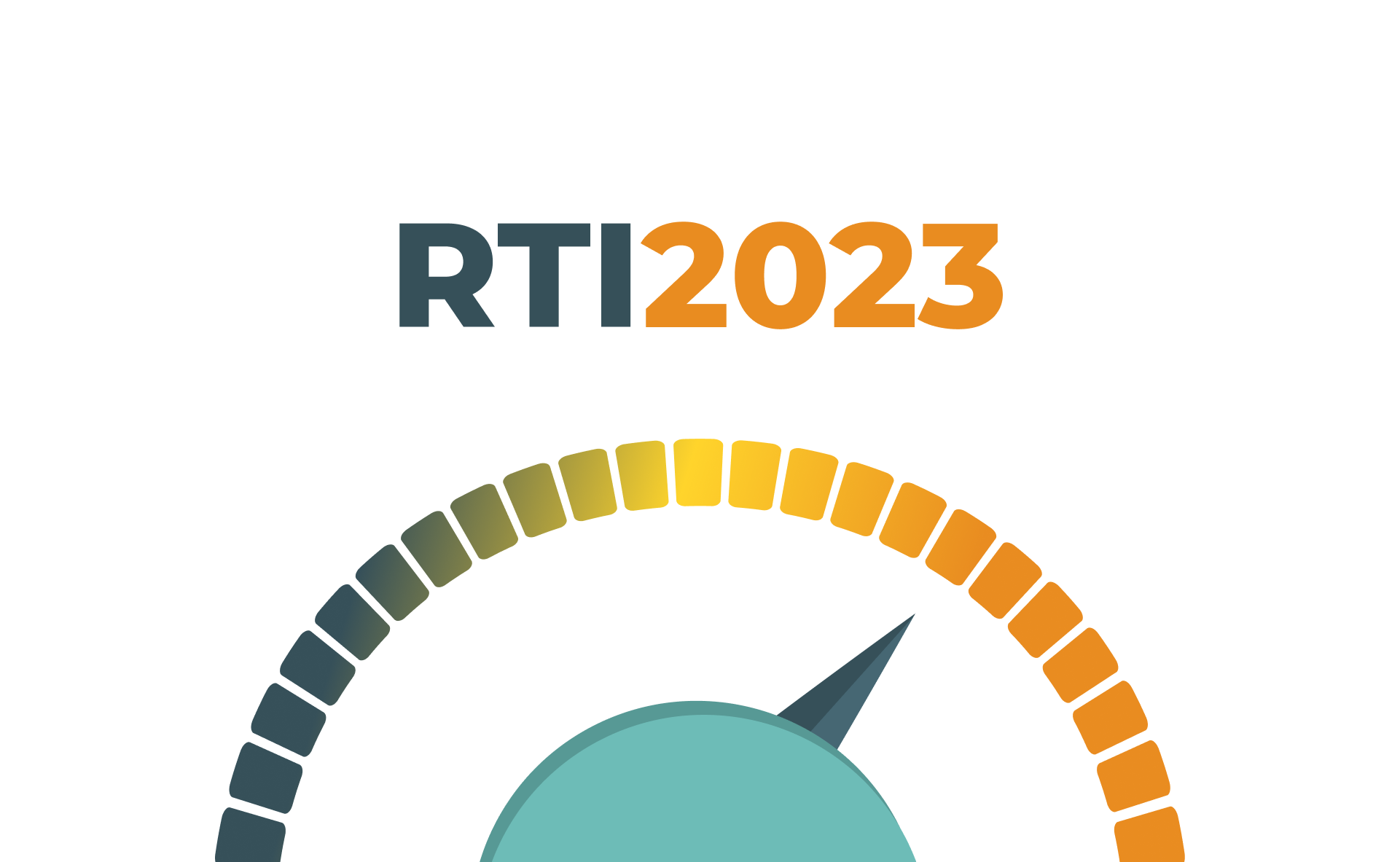Make the Most of Your Previous Searches
Make the Most of Your Previous Searches
Conversational Search Series, Part 1: Pre-search
Imagine the experience of searching understood as an explorational process, not only aimed at finding. We will dive into search box behaviours before people start typing: pre-search in a predictive layer. Here’s the first story in our series of experimenting with this concept with product prototypes from Empathy’s Experiences Lab.
Search as a dialogue
The search box is an important resource for building a conversation with people. As shoppers, when interacting with a search page, we presume we’ll find help in a seamless way, without explicitly asking for it.
We expect the search engine to guide us by providing options, asking questions, and collecting our opinions and interests, giving us the possibility to explore the catalogue in a relevant and engaging way.

Pre-search experience
To maintain the dialogue between person and search engine alive, let’s explore the different conversations that people go through in an Empathy Search experience.
‘Are you looking for something like this? Many others are searching for it.’
The dialogue experience begins as soon as the shopper clicks on the search tab, even before typing their query. It immediately provides various current trends based on the crowd’s wisdom with truly anonymous behaviour patterns.
- Search suggestions, showing the top trends at that moment; ordered from most to least popular.

- Search suggestions of specific products ordered from live trends.

‘Are you looking for this again? Here it is.’
- Recently searched terms, sorted by most recent, allow shoppers to repeat a search with a single click and find results faster, without typing any queries.

- Personalised Product suggestions based on your search history can be enabled using Privacy controls.

‘Since you are here, you might be more interested in these trend suggestions.’
- Contextualised relevant product results and search suggestions show trends based on the department or store location. The Carrefour example below shows how it provides trend suggestions if you are in the general merchandising store, and different ones when searching within a specific category, such as groceries.


As shown above, the same applies to the search history; it is sensitive to the search context. So you can find your searches related to that category.
Open for Feedback
In future articles, we will continue to explore search experience. We will learn what else we can do to help users find the answers to their searches. We’d love to hear your feedback as we continue to improve this experience.










